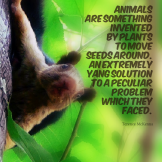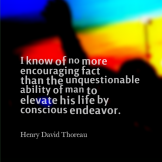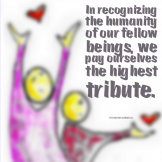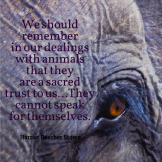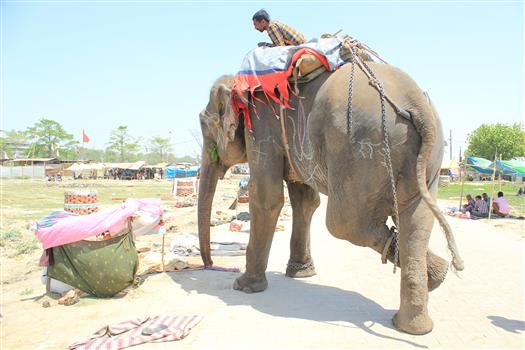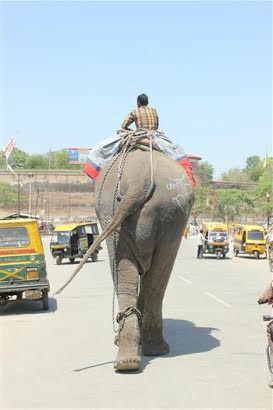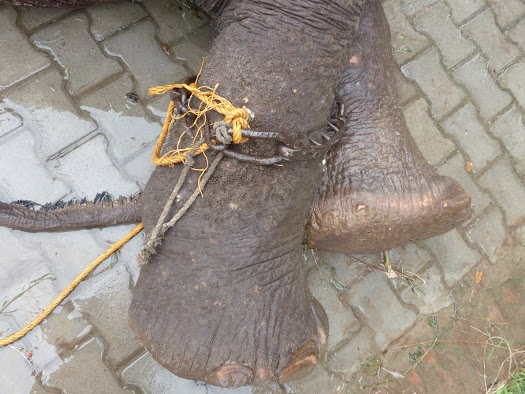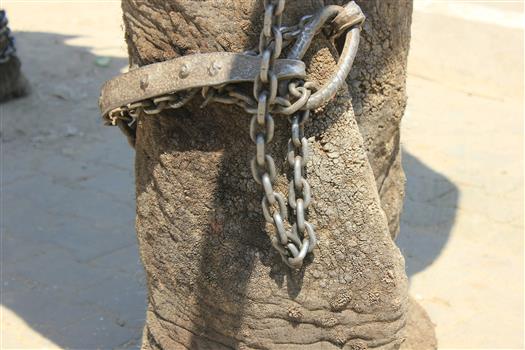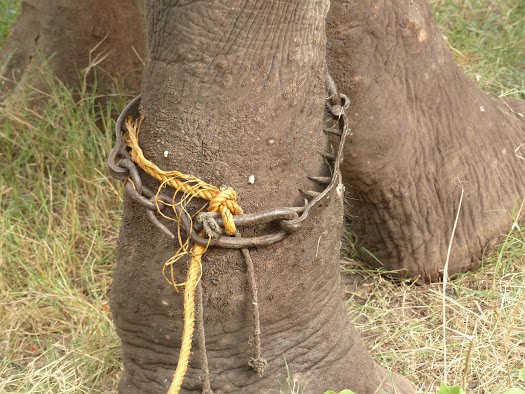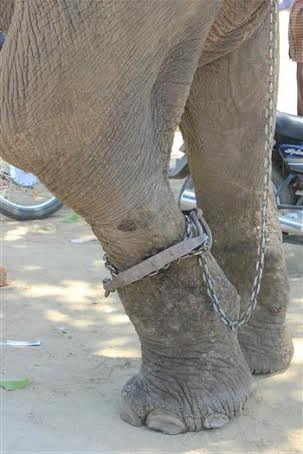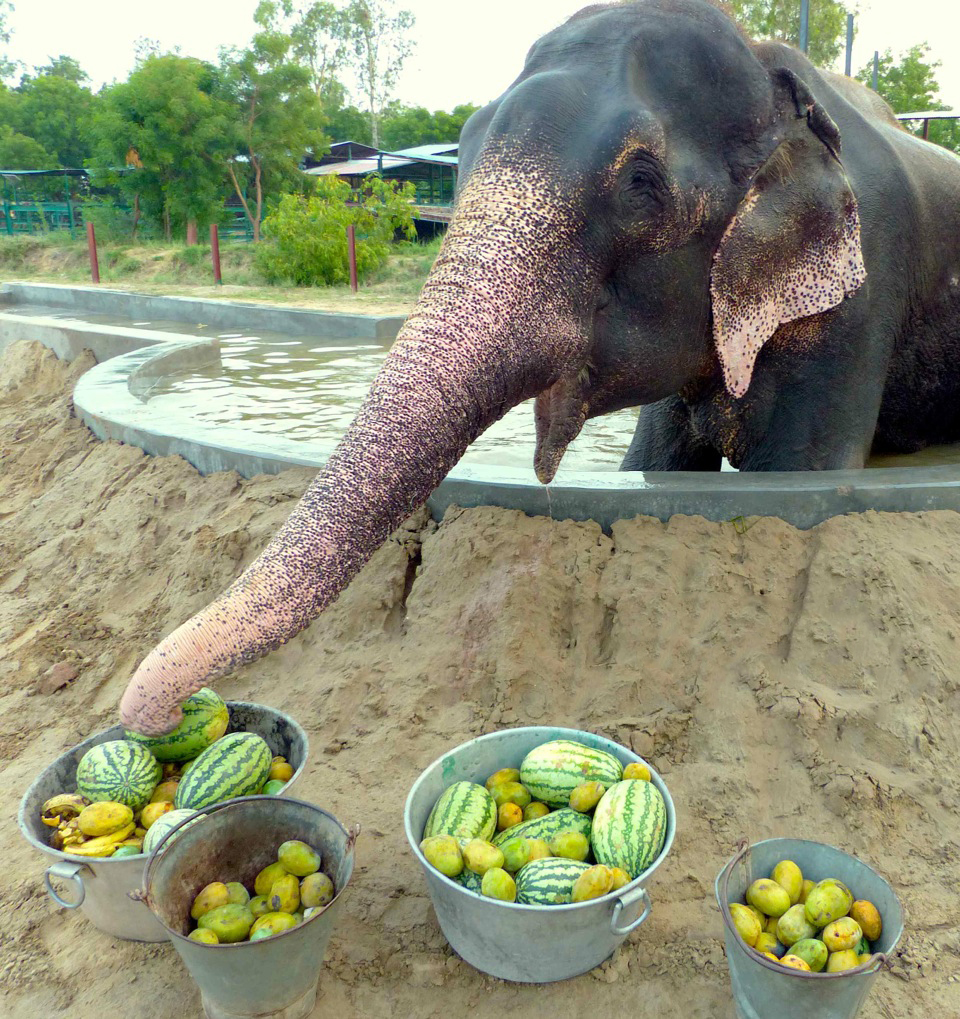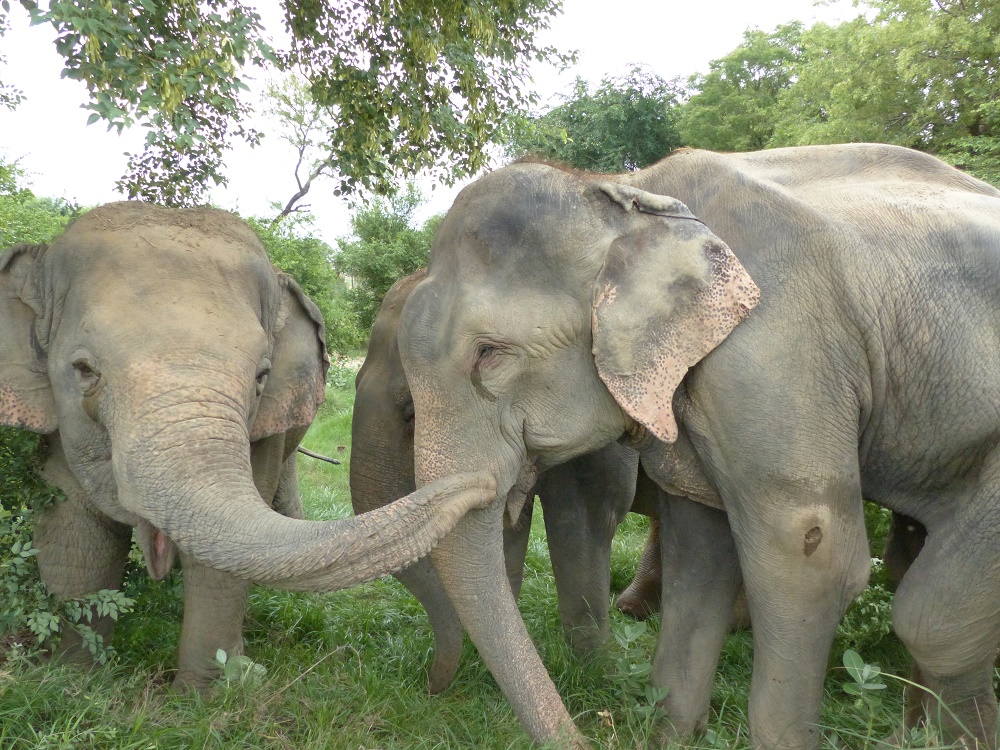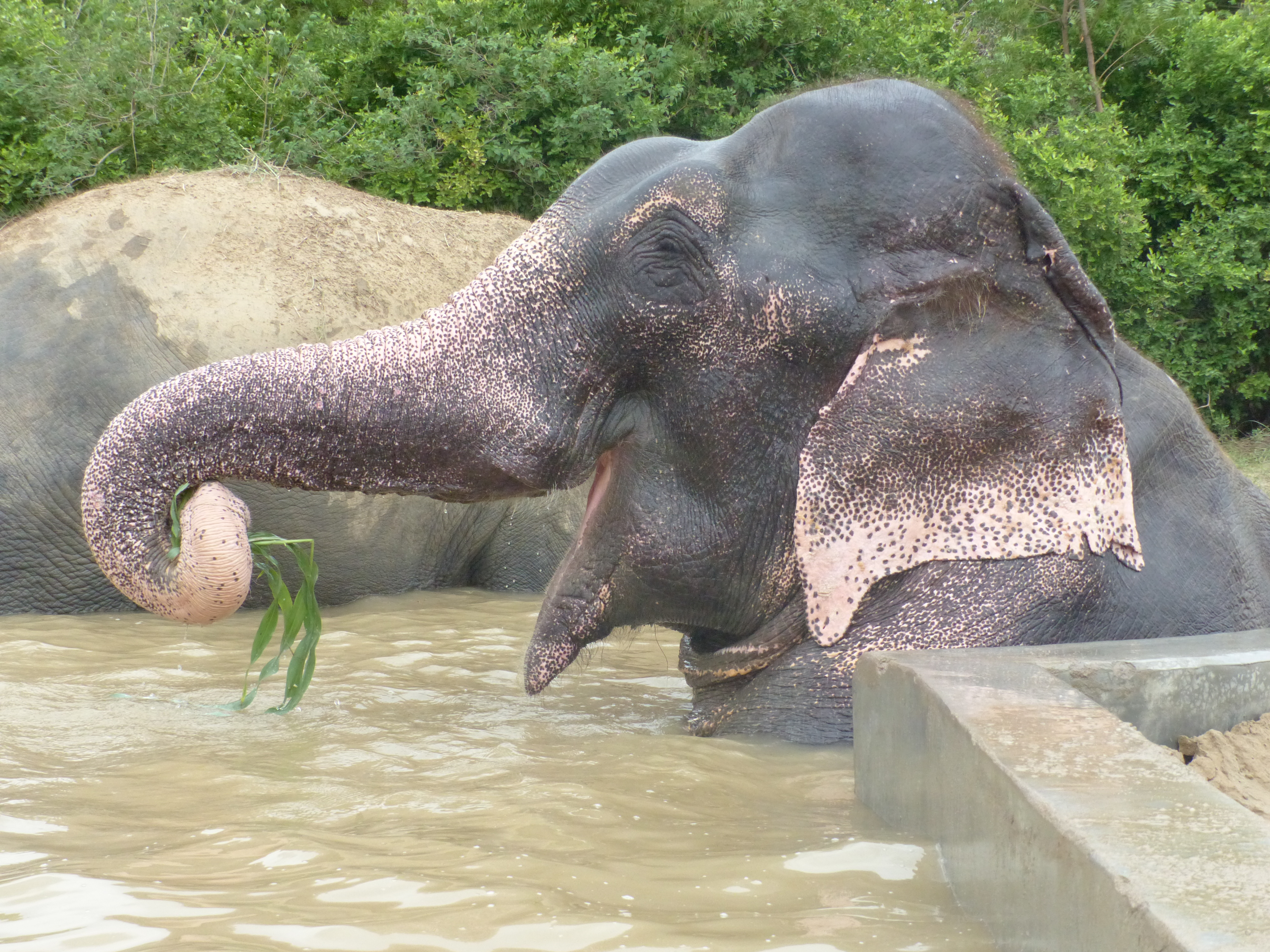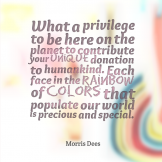@globalizm
Active 2 years, 10 months ago
Remembering Harold
in Blog
Harold Walker (1933 – 2019) was board member and mentor at Globalizm Inc., and an enthusiastic participant at our Globalite Cafe video meetups to discuss humanitarian topics. Harold insisted that we see must see things as they are, without being clouded by our unconscious biases. Interactions with him were always enriched by the vast research he had done into theosophy, philosophy, and through translating and reading Sanskrit Vedic and Buddhist texts. He always had interesting stories to tell from his very interesting life. He was also an entrepreneur and pioneered surfboard blank business. Here are a few Harold Walker Stories he shared on Globalizm.org.
Harold also introduced his lovely and talented daughter Aubrey to Globalizm. Aubrey would like to share the following thoughts with us today:
My father possessed so many character traits I aspire to emulate. For this remembrance I think best to choose one. Father’s frank honesty I often reflect on with admiration. Through his truthful expression of heart and intellect, a freedom of expression and closeness of spirit would come upon me bringing laughter and profound closeness. This honesty allowed for relationships to go beyond the superficial and reach below the surface of a person’s heart bringing much joy. For this among many other qualities my father bestowed upon me I am truly grateful.
In loving memory,
Daughter Aubrey

Journey
in Quotes
Maybe the journey isn’t so much about becoming anything. Maybe it’s about un-becoming everything that isn’t really you so you can be who you were meant to be in the first place. #mindfulmonday #stateofmind
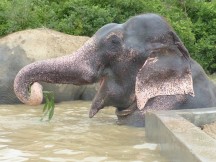
INTERVIEW WITH WILDLIFE SOS MEMBER NIKKI SHARP
in Service
Special Post: Our #organizationpickoftheweek is WILDLIFE SOS – an organization working towards preserving India’s wildlife from habitat loss and human exploitation and was instrumental in rescuing Raju The Elephant recently. This is an interview with Nikki Sharp, Executive Director for Wildlife SOS USA. Nikki joined Wildlife SOS when she met the founders in the US, and was moved enough to ask “How can I help” and has been involved ever since. #wildlifesos #servicesaturday
Globalizm: Hello Nikki. Thank you for joining us today for this interview. What is the mission and vision of WildLife SOS?
Wildlife SOS (Nikki): Wildlife SOS was established in 1995 by a small group of individuals inspired to start a movement and make lasting change to protect and conserve India’s natural heritage, forests and wildlife wealth. Today, the organization has evolved to actively work towards protecting the Indian wildlife, conserving habitat, studying biodiversity, conducting research and creating alternative and sustainable livelihoods for erstwhile poacher communities.
Mission:
Wildlife SOS, protecting India’s wildlife from habitat loss and human exploitation.
Vision:
Our vision is to build a future in which the people and animals of India live in harmony.
Globalizm: Are you a registered nonprofit in India? Do you have an International presence? How are your missions funded?
Wildlife SOS: We are a registered non-profit in India, the United States and the UK. Our missions are funded in a variety of ways. We have several international partners like International, Animal Rescue, Free the Bears and Humane Society International that support us on a variety of projects. However, a large part of our support comes from individuals from around the world, who care deeply about the issues we work on and wish to support us.
Globalizm: Who are the founders and how big is your team?
Wildlife SOS: The founders of Wildlife SOS are Geeta Seshamani and Kartick Satyanarayan. They originally founded the organization with the focus of ending the ‘dancing bear’ program in India. The organization has grown in scope to focus on many more issues and now employs close to 200 people. I was involved with starting the organization in the USA in 2005 and the UK division started in 2008.
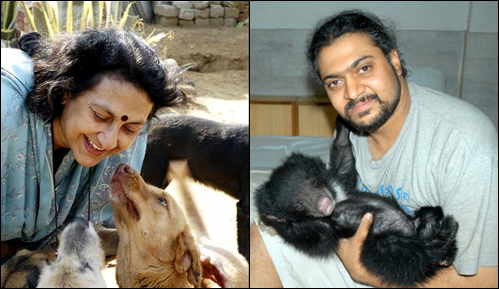 |
Globalizm: How do you decide on what missions to undertake? What are some of your recent missions?
Wildlife SOS: We are a solutions based organization and we understand the complexities involved with helping wildlife. In our first campaign to solve the ‘dancing bear’ problem in India, we learned that this would only be successfully achieved if it involved programs to help the people ‘dancing the bears’ to have a new life as well as places to send the bears that were rescued. Without both, it would not have been a successful campaign. The last ‘dancing bear’ of India was rescued in 2009 and India has been ‘dancing bear’ free since.
Using this holistic approach, we have taken on new campaigns to include helping India’s captive elephants, reducing human/leopard conflicts and reducing human/bear conflicts in Kashmir.
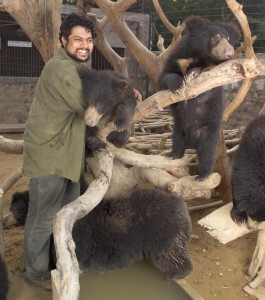 |
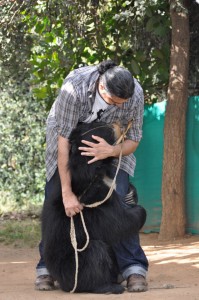 |
Globalizm: What are the main challenges you face during and after your rescue missions?
Wildlife SOS: Rescue missions can be very dangerous situations. In situations where a wild animal has wandered into a village, mobs can gather and attack the animal. They can also attack the rescue team that is there to assist the animal. In cases where we go into rescue an animal from a cruelty situation, we are often met with resistance and conflicts can arise as we try to confiscate the animal.
Globalizm: You have recently been championing the rescue and rehabilitation of Raju the elephant. Could you tell us about this mission – how did you hear about Raju, how did you get involved, how is Raju doing now, and what’s next?
Wildlife SOS: Raju had been used as a begging elephant for over 50 years. We got word of a situation of an elephant that was not in good shape almost a year ago. We sent some people in to get some undercover footage of him and with that we were able to get evidence that Raju was being publicly beaten, starved, cruelly chained and had no shelter. We used this information and worked with the state forest department to get a court order to have his custody transferred to Wildlife SOS. We arrived to rescue Raju unannounced because we were concerned that if his owner knew we were coming, Raju would have disappeared and we might not have ever located him again.
Globalizm: What a terrible way to treat an elegant being?! Thank you for rescuing Raju. How is he doing now?
Wildlife SOS: He arrived at our facility on July 4th and his chains were removed at the center. Here he is learning to be an elephant. He is putting on weight, some of his wounds are starting to heal and he is making friends with some of the other elephants.
Currently, the person who had illegal custody of Raju is trying to get him back. He has filed court papers to have him transferred to him. His claim is that Raju is his property and belongs to him. The case will be heard September 11. We are fighting it and feel confident we will win.
Although this is certainly an obstacle for us. It is part of taking on new campaigns. Very few elephants have been rescued and saved in India; therefore, we are in new territory. However, soon the cruel ‘owners’ will learn that brutality will not be tolerated, their elephants will be confiscated and there will be no getting them back.
Globalizm: We hope Raju remains in your safe custody. Do you have any plans to help other elephants and totally remove elephants from the streets, entertainment businesses and temples?
Wildlife SOS: Yes, we do have a big campaign soon to be launched to help elephants in a major way. It will be groundbreaking when we move forward and will really bring major changes for a large group of elephants in India. Close to 100 could be saved in the first two years alone. However, we are still working on some logistics for this project and we are not prepared to speak publicly about it. Stay tuned, more good things for elephants should be happening by the end of 2014.
Globalizm: What is your view on zoos? Do you visit zoos to make sure the animals are treated well?
Wildlife SOS: We work very closely with zoos. Zoos have a major role to play in several areas. They are providing much needed conservation resources for protecting threatened wildlife. They have the veterinary expertise that they are sharing to help us provide better medical care for our rescued animals. We also benefit from the knowledge that zoos share with us on providing animal enrichment and running education programs. There are many zoos that are doing a lot for conservation, research and education. That said, there are good zoos and there are countless lousy ones that should be shut down.
Globalizm: Do you also work to save Bengal Tigers? What are some other endangered species that need help?
Wildlife SOS: Most of the work we do to help tigers is with our anti-poaching work. We have been successful at catching and jailing some notorious tiger poachers. Most poachers are generalists when it comes to exploiting wildlife. Therefore, our anti-poaching work helps many endangered species including birds, reptiles, bears, leopards and pangolins.
Globalizm: Do you provide training and volunteer opportunities for those who want to participate in rescue missions?
Wildlife SOS: Our rescue missions are very dangerous. It is important for us to save and help as much wildlife as possible. However, it is equally as important that people not get hurt in the process. Therefore, we only have staff on rescue operations. That said, we do welcome volunteers at our rescue centers to perform a variety of activities from food preparation to photography.
Globalizm: How can those reading this help you in your mission to save Raju the elephant, as well as your mission in general?
Wildlife SOS: Several things you can do, here are 10:
- Sign the petition: //www.change.org/p/shri-akhilesh-yadav-the-honourable-chief-minister-government-of-uttar-pradesh-keep-raju-free
- Buy #rajustandtall on i-tunes. This will help to drive more attention to his cause.
- Donate to //www.crowdrise.com/elephantlegalfund
- Buy a t-shirt and wear it. This will be a conversation starter on the plight of elephants //www.armtheanimals.com/collections/raju-freedom-collection
- Sign up to receive our newsletter at www.wildlifesos.org
- Follow us on social media (links below)
- Do not support circuses that use animals
- Do not ride on elephants or giving money to people that exploit animals like snake charmers
- Come volunteer
- Vote for political candidates that make wildlife conservation a priority
Globalizm: Thank you for all the information and the wonderful work you do through WildLife SOS. Could you tell us about your personal journey that lead you to getting involved with WildLife SOS?
Wildlife SOS: This is my experience with getting it started in the USA. The founders of Wildlife SOS were visiting the USA. It was on this trip that I had an opportunity to join them for dinner. Over dinner, Kartick and Geeta spoke of their determination to solve the ‘dancing bear’ problem in India. Although I had heard of many horrible situations that involved exploiting wildlife, I had never heard of this. By the end of the dinner, instead of feeling sad, I felt really hopeful and encouraged that they would truly solve this problem. Therefore, I found myself asking that question that can often change your life, “How can I help.” Since then I have been dedicated to helping Wildlife SOS to protect and end the exploitation of wildlife in India.
Globalizm: Thank you Nikki. It is people like you who step up and take action that make the world a better place. We wish you, the Founders and Wildlife SOS the very best in your efforts to preserve Wildlife and we hope you will expand your operations around the globe. We are especially grateful that you were instrumental in saving Raju The Elephant and we are looking forward to a favorable verdict on September 11th.
WildLife SOS Online Presence:
Website: www.wildlifesos.org
Facebook: www.facebook.com/wildlifesosindia
Twitter: www.twitter.com/wildlifesos
Pinterest: www.pinterest.com/wildlifesos
We leave you with an inspiring TED video by Wildlife SOS cofounder Kartick describing the “Dancing Bear” Rescue Project:


